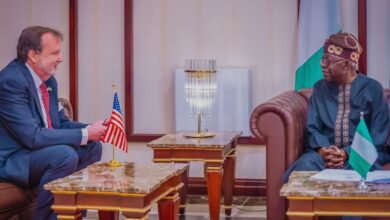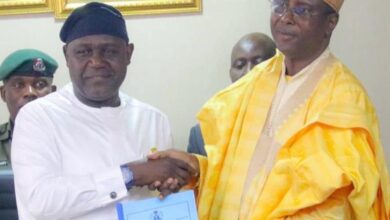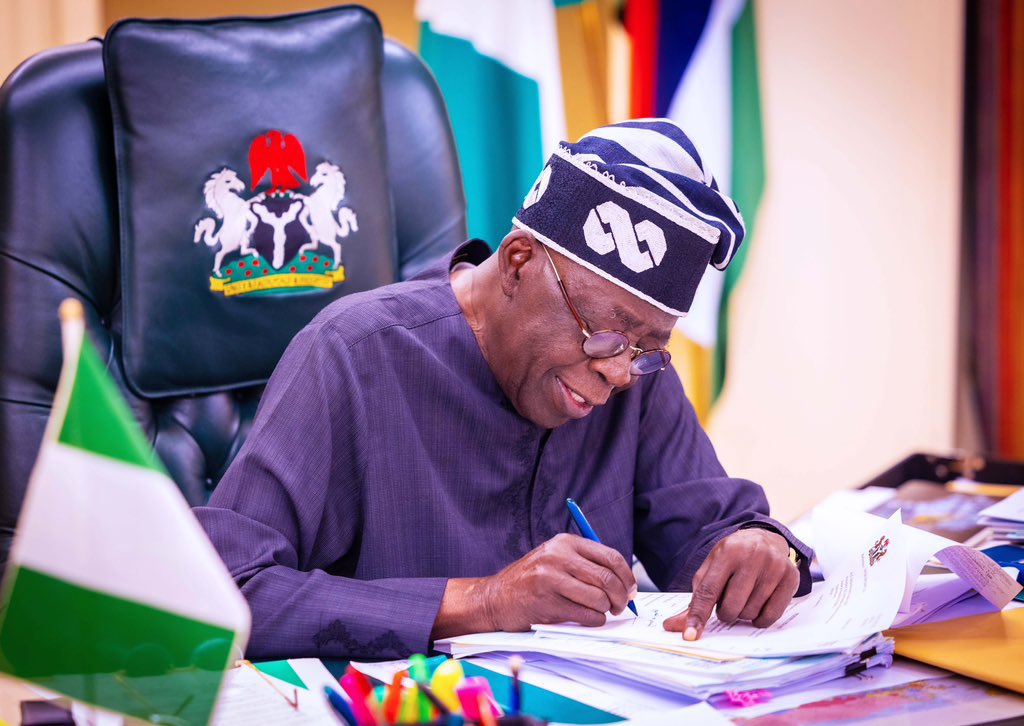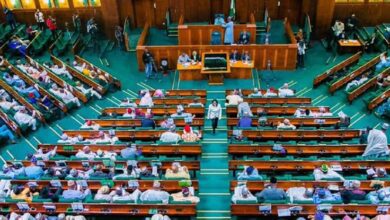Infrastructure Deficit: NEITI Makes Case For Oil, Mining Host Communities
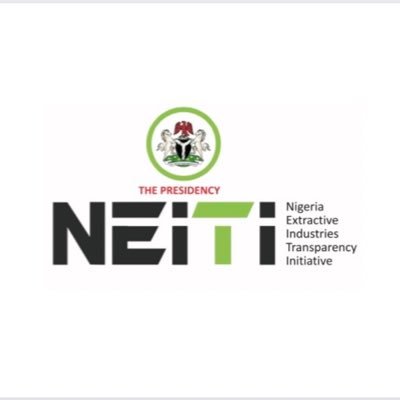
In a move to address the myriad of challenges facing the oil, gas and mining host communities in the country, the Nigeria Extractive Industries Transparency Initiative (NEITI) has renewed call for economic, environmental and social justice for the host communities.
NEITI’s Deputy Director/Head Communications & Stakeholders’ Management, Mrs Obiageli Onuorah in a statement on Friday in Abuja, quoted the
Executive Secretary of NEITI, Dr. Orji Ogbonnaya Orji to have made the call in Owerri, Imo State at the opening ceremony of the National Extractives Dialogue organised by a civil society organisation- Spaces for Change in collaboration with NEITI and the Ford Foundation.
Dr. Orji stated that a special multi-stakeholder’s approach was required to draw national and international attention to the specific responsibilities of extractive companies, the government, the civil society organisations, development partners and the host communities to address development issues of access to education, health care, job opportunities, environmental challenges and social infrastructure deficit in oil, gas and mining host communities.
The NEITI Executive Secretary advised leaders of host Communities drawn from the South-South and South East geo-political zones to change their advocacy approach and work with NEITI to push their complaints through peaceful consultations driven by knowledge, information and data sharing, constructive engagements and dialogue.
Dr Orji explained that the rationale behind the focus of this year’s annual dialogue series focusing on Host Community Development Trusts to serve as the Catalyst for Equitable Benefit-Sharing and Sustainable Prosperity for all in host communities was to serve as a new platform for discussions and constructive debates on how citizens-centered- policy engagements will drive the implementation of Host Community Development Trusts established by the Petroleum Industry Act (PIA).
The NEITI Executive Secretary remarked: “There is the need to examine how the Host Community Development Trust as enshrined in the Petroleum Industry Act is being implemented. What is the governance structure? How inclusive, participatory and transparent is the process of nominating members of the Board of Trustees, Management Committees and Advisory Committees”.
Dr. Orji explained that NEITI’s legitimate interest in working with Spaces for Change a leading civil society organisation is in furtherance of the agency’s partnership and collaboration with civil society organisations to deepen the implementation of the Extractive Industries Transparency Initiative (EITI) at the sub national levels.
He appealed to host communities in Nigeria to build trust and confidence in managing the relationship between host communities, government and the companies operating in the sector.
The Deputy Chairman, Committee on Host Communities in the House of Representatives, Abdulkarim Hussaini Ahmed called for inclusion of public education, conflict prevention, management and resolution mechanism in the implementation of Host Communities Development Trust Fund and pledged the support of the National Assembly.
The Governor of Imo state represented by the Commissioner for Petroleum Resources, Prof. Eugene Opara, expressed satisfaction at the tone and direction of the dialogue and pledged the support of the state government.
The Commissioner welcomed the clarification given on what constitutes the 3% operating cost of the oil and gas companies has been laid to rest some of the doubts and unanswered questions.
He called on relevant government agencies in the sector involved in implementation to invest on public education and enlightenment of host communities.
The host and Executvie Director of Spaces for Change, Mrs Vicotria Ohaeri, called on the host communities to organise themselves and take full ownership of the process adding that the provisions of the new legislation have moved host communities away from the era of charitable developmental assistance to a new era of entitlements and human rights”.
Mrs Ohaeri remarked” Host communities under the PIA provisions now have the right to benefit from natural resources and these benefits are no longer acts of corporate benevolence, but an entitlement to partake in the design, content and structure of their own development, and most importantly, participate in the governance and administration of the extractive resources.”
The Dialogue was attended by government agencies in oil and gas industry, civil society organisations, representatives of state governments, the media and development partners. The Dialogue examined the structure of the fund, the need for inclusiveness in designing the governance structure, definition of roles of State governments, companies, traditional rulers, host communities and the civil society.



